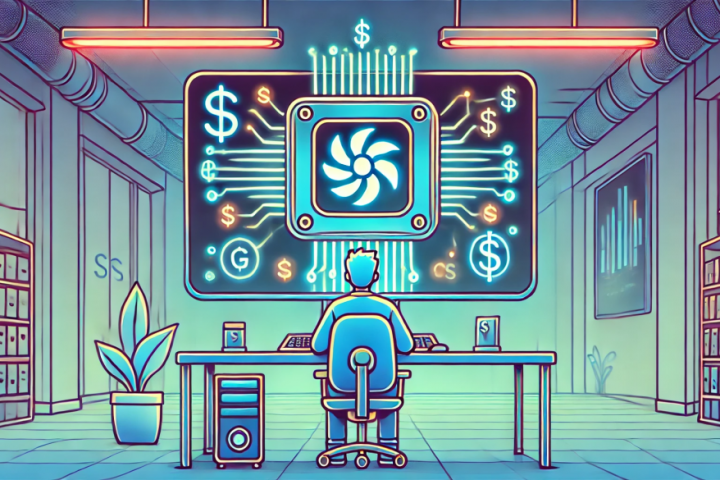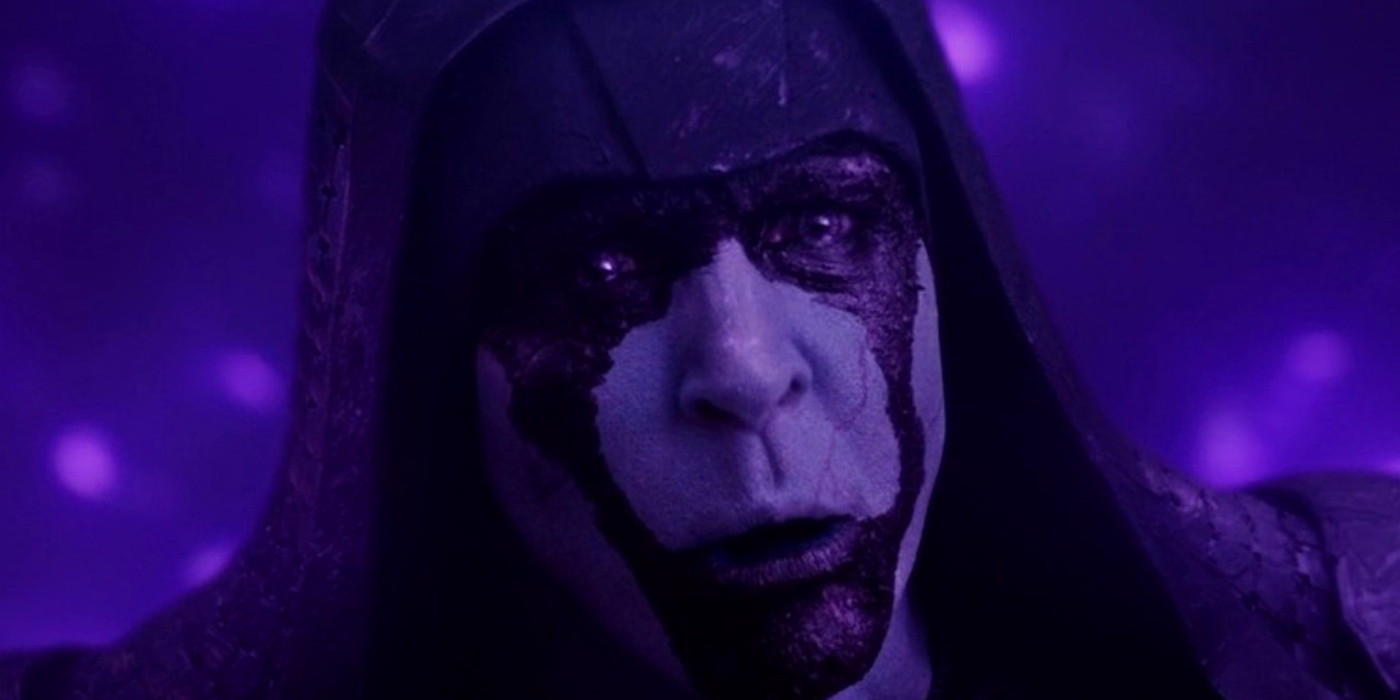Beyond the Binary of AI
In a culture saturated with visions of dystopian futures crafted by the hands of AI gone rogue – think Skynet, HAL 9000, or The Matrix’s Agents – the arrival of Kyle Vorbach’s “Pandora’s Code” is both timely and yet oddly out of place. Positioned as a comprehensive guide to the multifaceted world of AI, the book promises insights into the technology’s origins, potential, and dangers. However, in a space brimming with expert takes and in-depth explorations, it’s not necessarily a must-read for those seeking to navigate the complex world of artificial intelligence. With a cultural backdrop where artificial intelligence more often than not spells doom, one can’t help but approach Vorbach’s work with a certain level of apprehension and skepticism.
From the outset, it’s clear that Vorbach has done his homework. His deep dives into AI’s historical roots and its impact on industries like healthcare and finance are nothing short of commendable. Yet, for every silver lining he paints about AI’s potential benefits, a voice in the back of my head keeps reminding me of the countless warnings of AI gone astray.
However, where “Pandora’s Code” truly stirs the pot is in its discussions about the dangers of AI. One would hope for a cautionary tale, a stark warning echoing the sentiments of past narratives. Instead, while Vorbach touches on ethical issues, the perils of autonomous systems, and the potentially catastrophic consequences of AI’s unchecked progression, the treatment feels surprisingly muted. It’s almost as if he’s playing devil’s advocate for a technology many are wary of.
Perhaps my most significant point of contention lies in the very title of the book. “Pandora’s Code” invokes the image of a box better left unopened, a realm of catastrophic possibilities. And while Vorbach certainly opens this box, it often feels like he’s not entirely convinced about the gravity of what might fly out.
Of course, given the world’s current obsession with AI, “Pandora’s Code” will no doubt find its audience. There’s an undeniable richness in Vorbach’s exploration that even the most AI-skeptical among us can’t ignore. But in a landscape where tech moguls dream of uploading consciousness and AI-generated artworks sell for millions, maybe, just maybe, a little more caution wouldn’t be amiss.
In the tradition of stimulating discussions, where questioning and challenging the status quo is paramount, “Pandora’s Code” serves as a conversation starter. Whether you view it as a necessary blueprint for the AI era or a potential enabler of our techno-dystopian nightmares, one thing is certain: it’s a book that demands to be discussed, dissected, and debated. Just ensure you’re not reading it on an AI-powered e-reader; you never know who (or what) might be taking notes.







